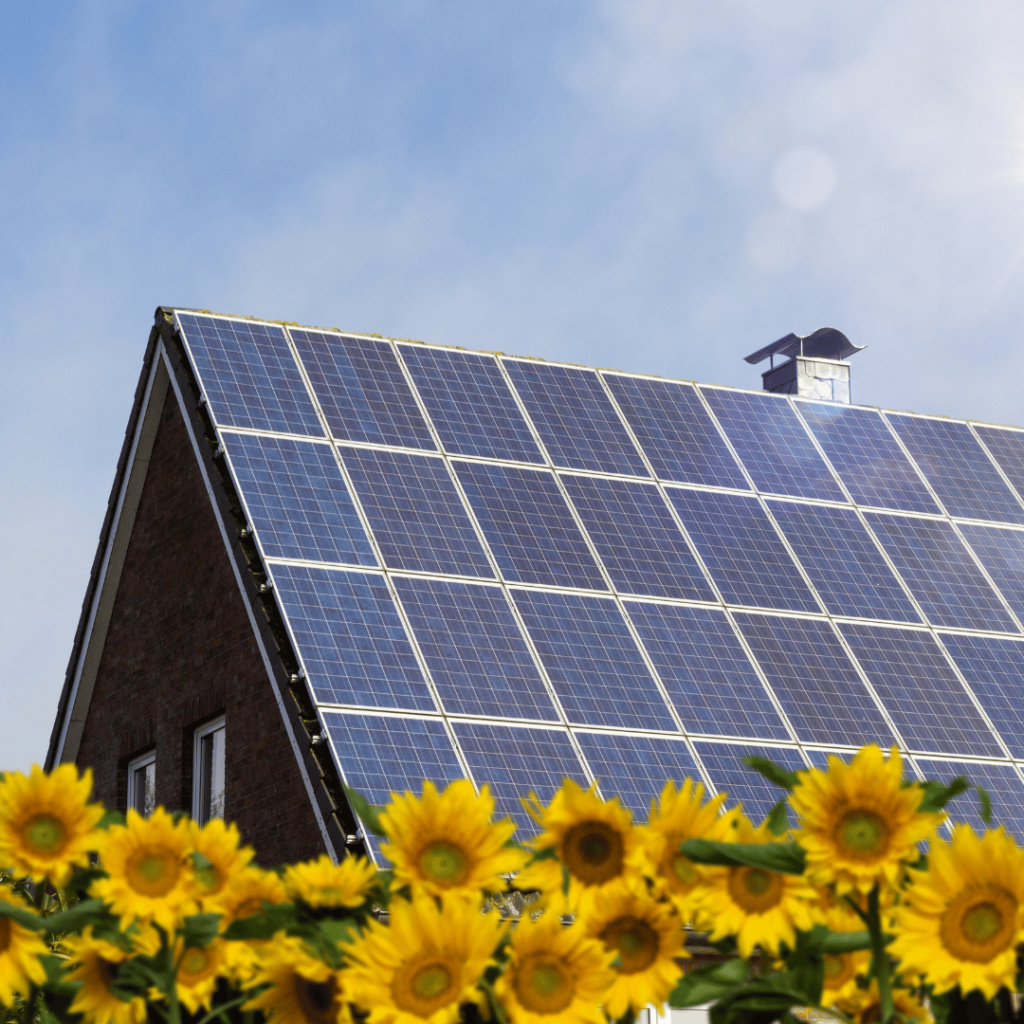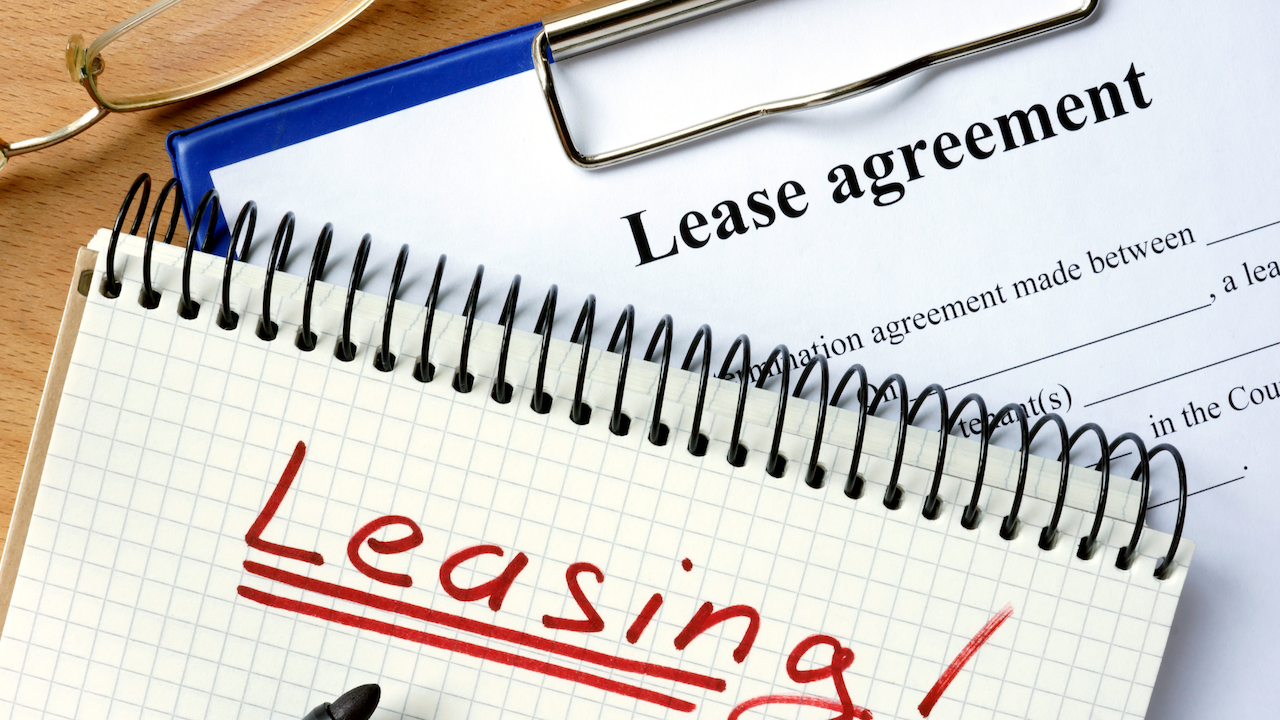Image source: Canva.com
Considering a solar lease to reduce your electricity expenses without any initial investment? Solar leases can indeed offer an enticing opportunity for cheaper energy with minimal upfront hassle. However, it’s crucial to thoroughly research before committing to any contractual agreement. Here’s an overview of what solar leases entail:

Solar leases operate akin to car leases, falling under third-party ownership (TPO). In a solar lease arrangement, a third-party entity, typically a solar company, installs solar panels on your property. Subsequently, you purchase the electricity generated by these panels at a predetermined monthly rate. This rate is calculated based on your system’s estimated annual production and is outlined in your lease agreement, which typically spans 20 to 25 years. At the lease term’s end, you have the option to purchase the system outright at its market value, remove the system, or renew the lease for an additional period (typically one to 10 years), continuing with monthly payments.
Advantages of Solar Leases
Electricity Cost Savings
Throughout the lease duration, you benefit from reduced electricity expenses.
Low or No Upfront Costs
Unlike cash purchases, solar leases enable you to adopt solar energy without significant initial expenditures.
Minimal Maintenance Responsibilities
As you do not own the panels in a solar lease arrangement, the leasing company typically assumes maintenance and upkeep responsibilities.
Disadvantages of Solar Leases
Lower Savings Compared to Cash Purchases or Loans
Cash purchases and solar loans generally yield greater long-term savings compared to solar leases. Lease terms are often longer, and payments may escalate over time.
Inability to Utilize Solar Incentives
Cash buyers or those with solar loans can leverage incentives like the 30% solar tax credit. However, as the solar system’s owner in a lease, the leasing company benefits from these incentives, limiting potential savings for you.
Potential Complications in Home Sales
Selling a home under a solar lease arrangement may pose challenges. You may need to either buy out the lease or transfer it to the new homeowners, potentially complicating the sales process if the buyers are unwilling to assume the lease.
In summary, while solar leases offer attractive benefits such as cost savings and minimal upfront expenses, they also present drawbacks like limited long-term savings and potential complications in home sales. Evaluating these factors comprehensively is essential in determining whether a solar lease aligns with your needs and financial objectives.
Main Points
- With a solar lease, you don’t own the system but enjoy its electricity.
- A solar lease often cuts electricity costs by 10-30%.
- Before signing, review and approve the system design.
- While an owned system boosts home value and aids selling, a leased system may complicate selling.





